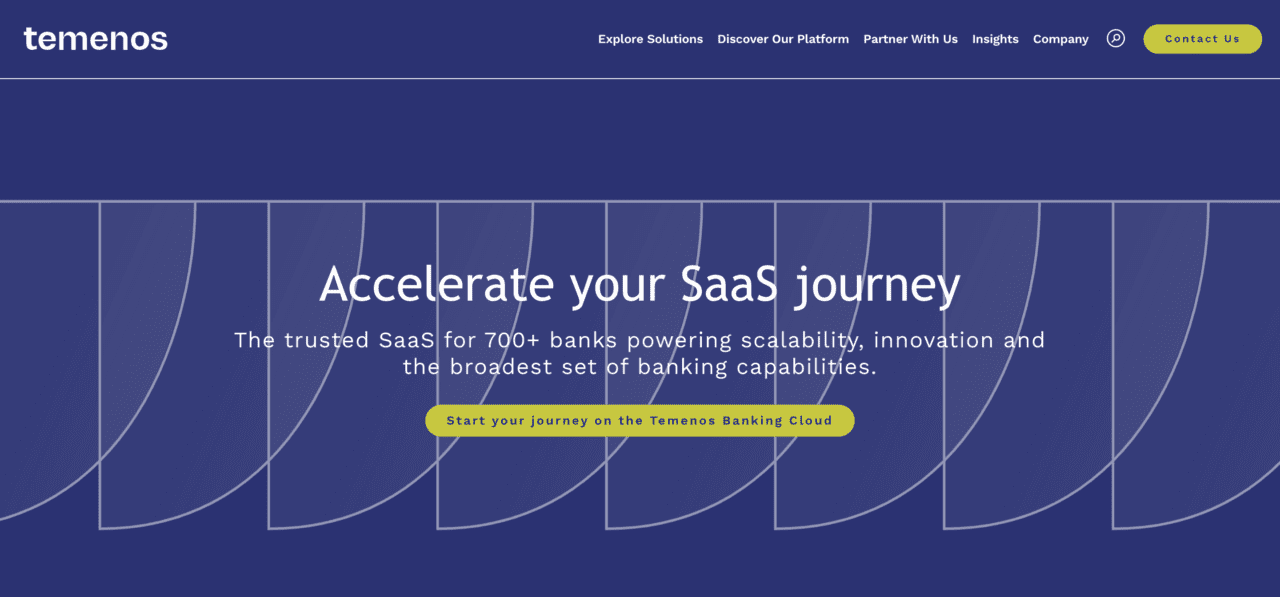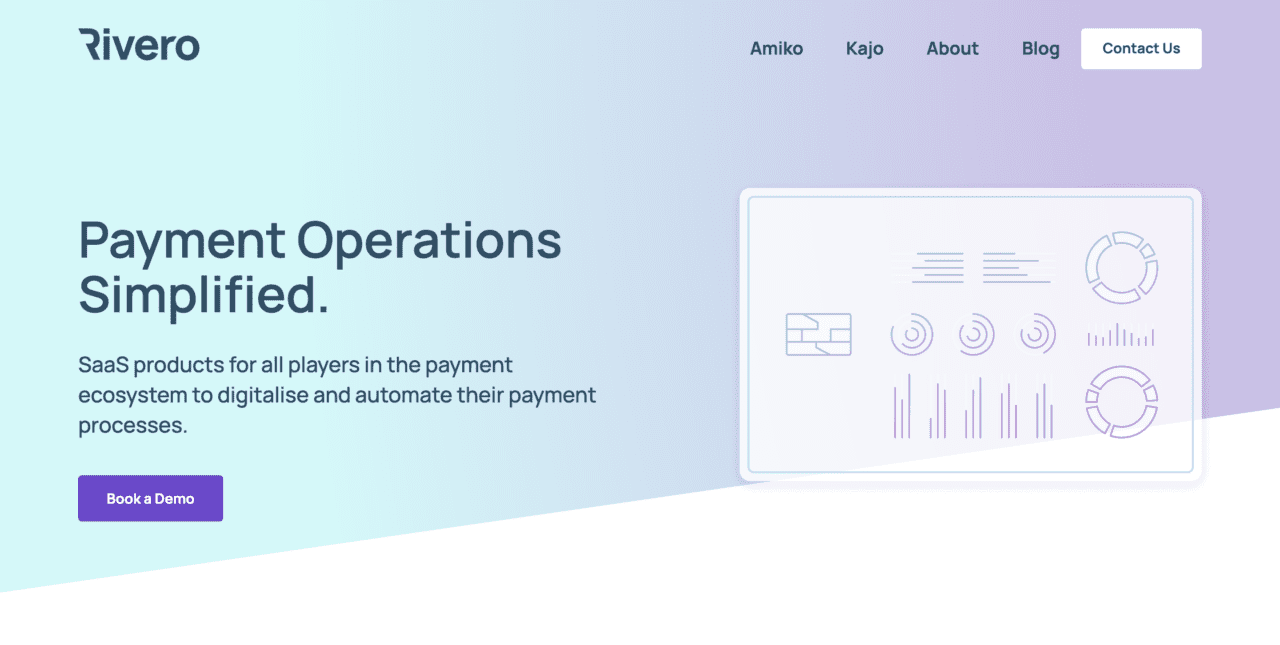
Happy Earth Day! Partnerships in payments and fundraising in the international investment/wealth management space are dominating fintech news headlines as the week begins.
Digital banking
Temenos announces appointment of new Chief Executive Officer Jean-Pierre Brulard, effective May 1, 2024.
Caribbean Bank Limited partners with Finastra to modernize its core technology and upgrade its back office operations.
Zafin appoints Charbel Safadi to replace Al Karim as CEO.
Open banking
Open banking firm Fintech Galaxy collaborates with Singapore-based FinbotsAI to launch new credit profiling capabilities.
Bill-sharing app Splitwise teams up with open banking platform Tink to bring Pay by Bank to Splitwise customers.
Banking-as-a-Service
BaaS innovator Finzly partners with EverBank to enhance the firm’s payment processing system.
Crypto
eToro teams up with 21Shares to launch a new, “data-driven,” crypto portfolio, 21Shares-Flows.
Payments
Ad-subsidized payments network (ASPN) Zilch extends its collaboration with Amazon Web Services.
Payments and financial platform for businesses Airwallex launched its payment acceptance solution in the U.S.
Klarna forges global partnership with Uber, bringing its Pay Now option to the company’s ride-sharing and delivery platforms.
Brite Payments goes live in Germany with its Instant Payments solution.
Business payments specialist Bottomline forges strategic partnership with spend management company Coupa.
TabaPay to acquire the assets of BaaS provider Synapse Financial Technologies.
Real-time, cross border payments company Nium introduces new Chief Payments Officer, Alexandra Johnson.
Versapay appoints Ed Neumann as Chief Financial Officer.
UAE-based Careem Pay expands its international remittance services in the U.K. to include its Faster Payments offering.
GoCardless and Intuit QuickBooks integrate to allow U.S. QuickBook users to use ACH-Pull for account-to-account payments.
Thunes agrees to acquire Tilia. Tilia will be rebranded as Thunes and will remain based in San Francisco.
Klarna expands global partnership with Expedia to offer BNPL payment option for flights and hotel stay purchases.
Sopra Banking Software and Paymentology partner to deliver card issuing services within its SBP Digital Core platform.
Visa and Standard Chartered partner on cross-border payments.
Regtech
U.K.-based digital compliance and AML solutions provider SmartSearch appoints Phil Cotter as CEO.
Investing and Wealth Management
Wealth management platform TIFIN introduces new Chief Operating Officer of its TIFIN AG platform Jeannette Kuda.
Goldman Sachs announces deal to sell its Marcus Invest digital investing accounts to Betterment.
Istanbul, Turkey-based investment app Midas secures $45 million in new funding.
Kinsted Wealth partners with software provider Objectway for its investment management platform.
Cairo, Egypt’s Bokra raises $4.6 million in pre-seed funding for its platform that offers investment products via asset backed securities.
Lending and Credit
U.K. property lender Together partners with nCino to enhance its lending operations.
BMO unveils its Greener Future Financing program to help SMEs in the U.S. build climate-resilient operations.
Pomelo lands $20 million in Seed funding and a $50 million warehouse facility for its tool that combines credit and international money transfer.
Figure Technology Solutions appoints Michael Tannenbaum as Chief Executive Officer.
E-commerce
Subscription management and billing platform Recurly introduces new dashboards with built-in benchmarks.
Klarna sells Hero, the virtual shopping platform it acquired in 2021, for $1.3 million (€1.3 million).
Splitit unveils FI-PayLater to empower banks to provide in-checkout installments for existing customers.
Identity verification
Financial crime risk data and fraud detection technology company ComplyAdvantage acquires knowledge graph builder Golden.
AU10TIX announces $18 billion in business fraud prevented since 2021.
Small Business Tools
Basware introduces AP Protect, an AI-powered solution that empowers finance teams to protect their organizations against profit loss, invoice errors, and fraud.
Marqeta partners with OakNorth to offer commercial cards in the U.K.
Payroll
Rippling raises $200 million in new financing with $13.5 billion valuation.















